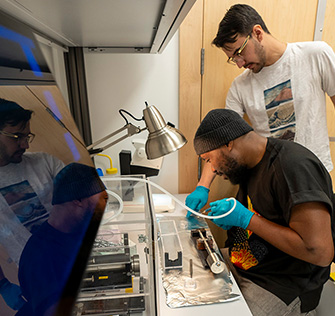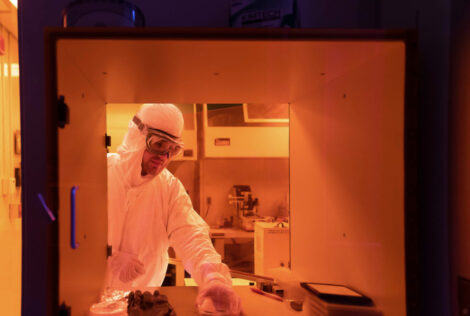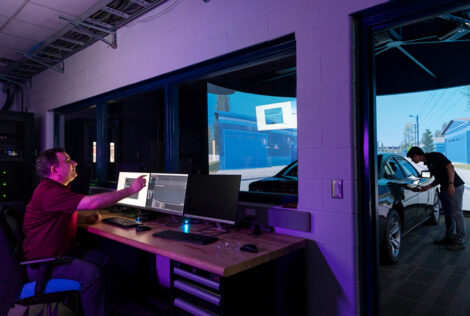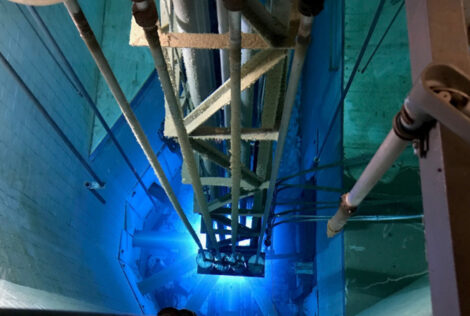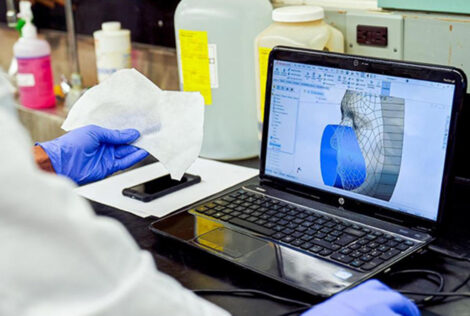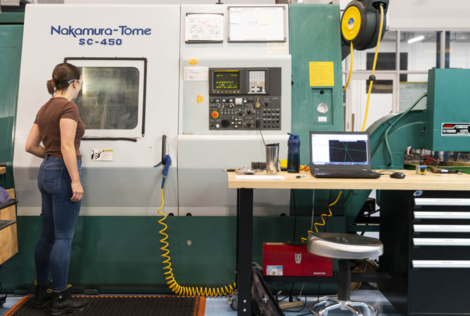
McMaster Manufacturing Research Institute (MMRI)
The MMRI meets sophisticated research and development needs of leading manufacturers in the automotive, aerospace, biomedical and consumer goods industries, along with the manufacturing tooling, coatings-surface engineering, dye and mould support industries.

